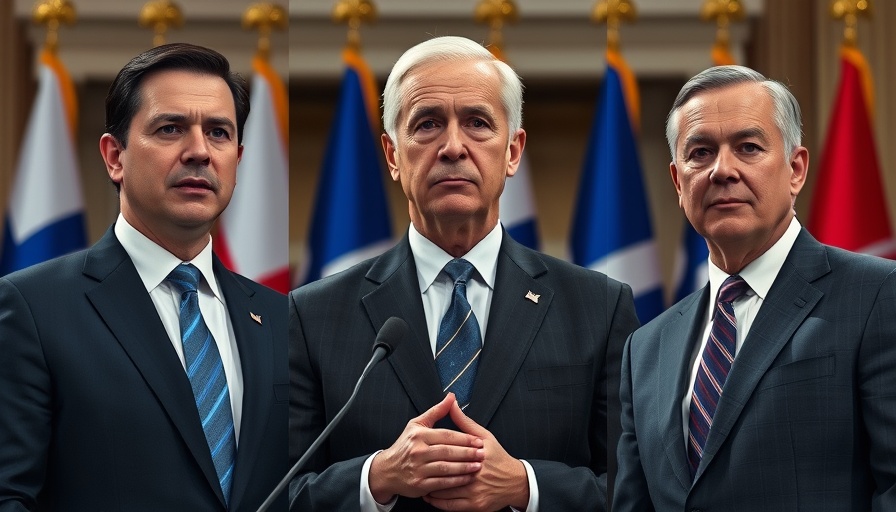
Trump Campaign Responds to Politico Report
In a recent twist of political drama, members of the Trump team have emphatically denied a report from Politico suggesting that the White House is contemplating lifting sanctions on Russian assets. This report has sparked intense backlash from Trump allies, further illustrating the broader complexities of U.S.-Russia relations as the war in Ukraine continues unabated. With sanctions being a pivotal instrument in American foreign policy, the prospect of lifting them has raised numerous eyebrows among political analysts and foreign policy experts alike.
Understanding U.S. Sanctions on Russia
Sanctions against Russia have been a significant aspect of U.S. strategy following the invasion of Ukraine. Implemented to deter further aggression, these economic restrictions seek to cripple the Russian economy and diminish its military capabilities. However, the idea of easing these sanctions under any circumstances introduces a layered discourse on national security and geopolitical strategy, particularly when viewed through the lens of recent Russian military actions in Ukraine.
Experts Weigh in on Lifting Sanctions
Political analysts are divided on the implications of potentially lifting sanctions on Russia. On one side, some argue that adjusting these measures could foster diplomatic relations and pave the way for more constructive negotiations regarding Ukraine. Conversely, many warn that such a move could undermine U.S. credibility and embolden Russian aggression. This complex dichotomy emphasizes the delicate balance the Biden administration must navigate concerning foreign policy and national security.
Public Reaction and Political Fallout
The public's reaction to the idea of lifting sanctions has been largely negative, with many expressing concerns about betraying the sacrifices made by Ukrainians during the ongoing conflict. High-profile officials within the Republican and Democratic parties have voiced similar sentiments, cautioning that easing restrictions could suggest a tacit acceptance of Russian military atrocities. This reaction underscores a critical moment in American politics where public opinion heavily influences foreign policy decisions.
Current Events: Broader Implications for American Policy
The conversation surrounding U.S. sanctions on Russia also serves as a barometer for broader issues in American foreign policy. As the nation grapples with the complex ramifications of inter-national diplomacy, it reflects ongoing debates within Congress about the effectiveness of sanctions as a tool for change. With recent events indicating an escalation in the conflict, questions loom around the continuity and adaptability of U.S. foreign policy frameworks in response to ongoing crises.
Future Predictions: What Lies Ahead?
Looking ahead, the Biden administration faces significant pressure concerning its approach to Russia. As discussions among congressional leaders continue, the path forward will likely involve weighing immediate national security concerns against long-term diplomatic objectives. Analysts predict that the administration may adopt a more cautious stance, reinforcing existing sanctions while simultaneously exploring diplomatic channels to stabilize the situation in Ukraine.
In conclusion, as this political narrative unfolds, the implications on American domestic and foreign policy are profound. By understanding the nuances of these sanctions and the potential for their revision, citizens can engage meaningfully in the conversations shaping the future of U.S. international relations and national security.
Stay informed on issues like this, because understanding political decisions can help shape societal responses and contribute to thoughtful discussions about the future of American foreign policy.
 Add Element
Add Element  Add Row
Add Row 



 Add Row
Add Row  Add
Add 


Write A Comment